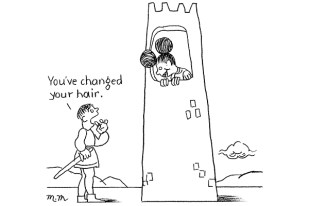Just imagine: you reach a certain age and you become your own unreliable narrator. Gerald Walker, the protagonist of Richard Francis’s 12th novel, is a retired history professor who fears that ‘chunks of his life might go missing’. Laura Laura describes a year in his life which, in seamless flashbacks, encompasses most of his past.
It opens with Gerald’s late-night encounter with a homeless, possibly suicidal, waif called Laura. She revives his suppressed memory of a previous Laura, a research student with whom he’d had an illicit fling, best forgotten. This is an amusing study, with a serious underlying theme, of the tricks memory can play, particularly if, like Gerald, you’re a socially inept academic with a wife — Abby — who is as unreliable as your own powers of recall.

Gerald finds that not only are there events in his own life which he can’t remember or hasn’t examined; there’s also much that he doesn’t know about his wife’s life.

Get Britain's best politics newsletters
Register to get The Spectator's insight and opinion straight to your inbox. You can then read two free articles each week.
Already a subscriber? Log in






Comments
Join the debate for just £1 a month
Be part of the conversation with other Spectator readers by getting your first three months for £3.
UNLOCK ACCESS Just £1 a monthAlready a subscriber? Log in